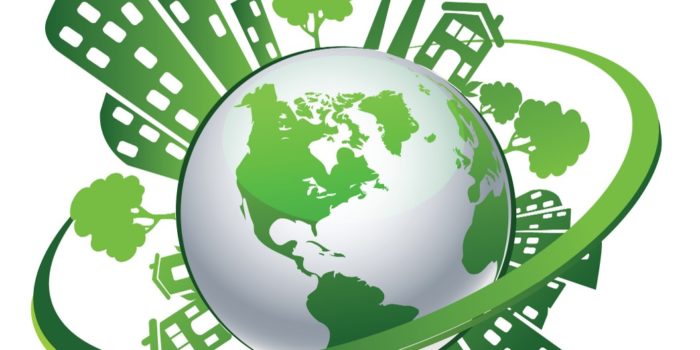Supply chain issues have again hit the headlines recently with Nando’s temporarily closing restaurants and MacDonald’s even running out of milkshake! On a more serious note, it is believed that ninety-four percent of Fortune 1000 companies experienced supply chain disruptions due to COVID-19. A huge proportion of global economic production is organized around a complex system of interdependent supply chains. Supply chains facilitate the production of everything from computers and cars to lifesaving medicines and food and support world trade in goods worth almost $20 trillion annually. The pandemic, Brexit, Suez Canal trade recently halted, are all cited as current events impacting the supply chain but what about global warming and the subsequent unpredictable weather events and how this will potentially impact your supply chain?
In a recent report McKinsey explained that predicted increase in rainfall, hurricanes, flooding and reduction in rare earth supplies should all be considered within the context of supply chain risk. Dramatic changes in approach to production and stock control may be required, depending on the demands for your business.
All personnel involved in the supply chain process will need to be comfortable with deep involved risk analysis starting with the thorough understanding, and potentially challenge of, the business needs.
When we talk to senior executives within supply chain and sourcing, they tell us that one of the demands they face with a diverse global team, is to ensure everyone has a standard level of training. The same approach, methodology and business language used across a team can achieve dramatic results.
Modelling for the “what if” demands of potential climate change will need an innovative approach when dealing with stakeholders and presenting potential sourcing strategies to senior executives. The faster team members can be developed will only assist this process.
Training has been one of the many aspects of business life to have been impacted over the last year, perhaps delayed or cancelled altogether. While companies continue to develop strong internal learning management systems, often with personal learning journeys for employees’ development, these risk falling short with providing quality, relevant, procurement content.
As the world of sourcing and supply chain becomes even more challenging, team members knowledge, expertise and development must take centre stage.
Read the full McKinsey Report on the potential impact of global warming on the supply chain here
Learn more about quality Procurement eLearning here
